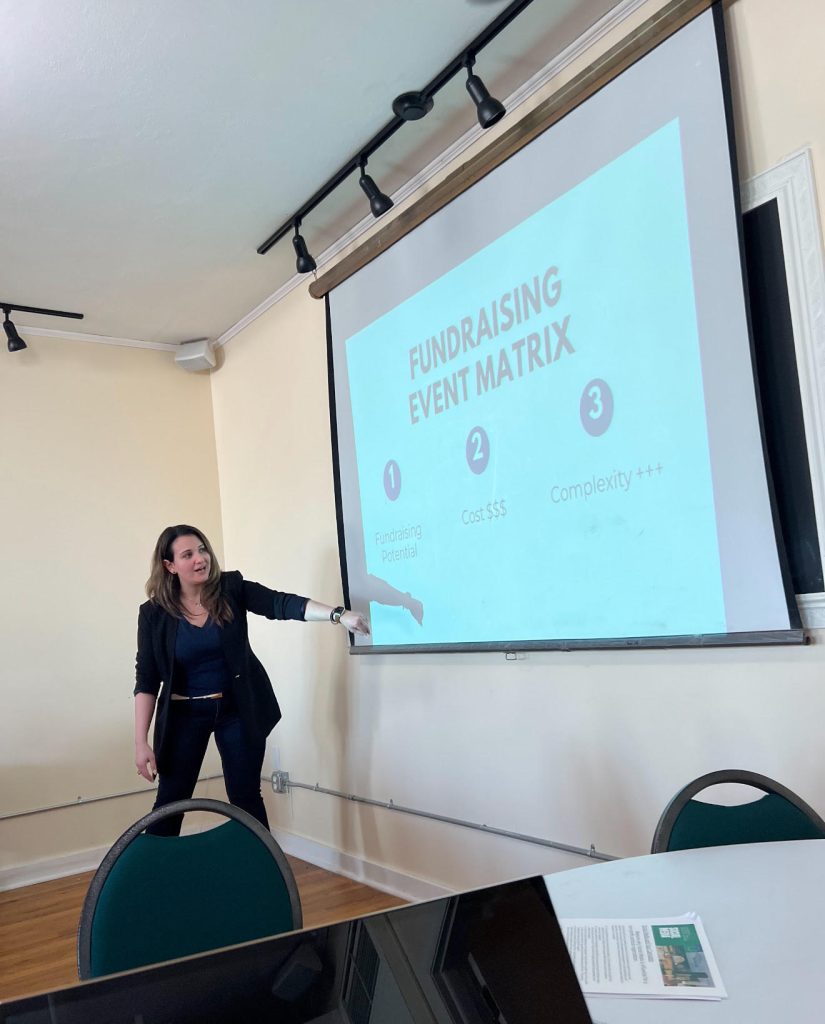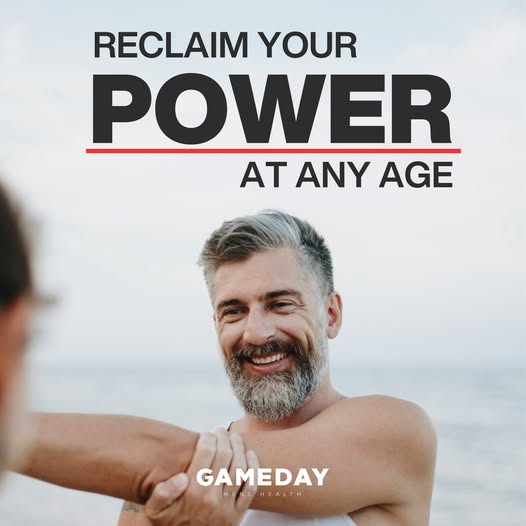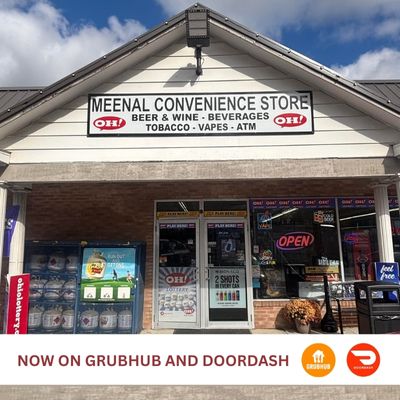Every election cycle, Northeast Ohio sees dozens of first-time candidates jump into races for city council, school board, and township trustee positions. Many are passionate community members with great ideas, but few understand how to effectively communicate with the press or navigate today’s complex media landscape – until they make a costly mistake that lands on the front page.
Media training is a comprehensive process that equips political candidates with the skills needed to communicate effectively with the media and the public. Yet most local candidates skip this crucial step, assuming their community involvement and public speaking experience will carry them through media interviews and social media management.
The Stakes Are Higher Than Ever
In today’s digital age, one misstep can derail a campaign instantly. Do or say something wrong while being recorded or livestreamed, and it can be uploaded to social media almost immediately. A poorly handled interview or inappropriate comment can destroy months of campaign work within hours.
Professional media trainers recommend applying the ‘New York Times Test’ to everything candidates say or share: if you wouldn’t be comfortable with your words appearing on the cover of the New York Times, don’t say or do it.
Beyond Traditional Media: The Social Media Challenge
Modern campaigns must master both traditional press relations and social media strategy. Platforms like Facebook, Instagram, Twitter, and YouTube have become essential tools for reaching voters, but they also present new pitfalls for unprepared candidates.
Facebook remains the most powerful platform for political campaigns, with studies showing that after email, Facebook and Instagram are responsible for more political contributions than any other networking tool. However, managing multiple social media accounts requires careful attention – posting personal opinions to campaign accounts can create embarrassing situations and confuse voters about official positions.
Twitter demands particular caution. Once candidates announce their run, their Twitter accounts must serve voters and followers, not just personal expression. The platform’s real-time nature means candidates must be prepared to respond to trending topics while staying aligned with campaign goals.
Essential Media Training Components
Professional media trainers focus on several key areas for local candidates:
Interview Techniques: Candidates must learn to handle various interview formats, navigate tough questions, and stay on message. This includes understanding the difference between on-the-record and off-the-record comments, and knowing that with local media, almost everything should be considered on-the-record.
Body Language and Delivery: Non-verbal cues are crucial in conveying sincerity and confidence. Professional training helps candidates master positive body language for both in-person interviews and camera work.
Message Development: Successful candidates develop core messages and practice responses to common questions. This includes crafting a compelling stump speech that includes personal story, problem identification, proposed solutions, and clear calls to action.
Digital Strategy: Modern campaigns require understanding Facebook’s political advertising approval process, creating engaging content for Instagram and YouTube, and managing crisis communications across multiple platforms.
The Art of the Stump Speech
A stump speech is a candidate’s standard campaign presentation that gets delivered repeatedly at various events throughout the campaign. The name comes from the old practice of politicians standing on tree stumps to address crowds, and today it serves as a candidate’s “greatest hits” compilation of their most compelling arguments and personal story.
For local candidates, the stump speech becomes the foundation for everything from town halls and fundraising events to media interviews and social media content. A well-crafted speech should be 5-15 minutes long, memorized but delivered conversationally, and adaptable to different audiences while maintaining core messages.
Effective stump speeches use common language accessible to all voters while weaving in personal stories that make arguments relatable. Professional training teaches candidates the essential structure: a strong opening hook to grab attention, personal motivation for running (not a resume recitation), clear identification of community problems, proposed solutions that highlight the candidate’s qualifications, and specific calls to action that engage the audience.
Common Mistakes to Avoid
Media trainers consistently see local candidates make these avoidable errors:
Assuming Natural Ability: Many candidates believe their public speaking skills or comfort with personal video creation will translate to media interviews. However, handling pressure questions with cameras rolling or live audiences listening requires different skills than controlled presentations.
Rambling Responses: Local TV and radio interviews are often brief, lasting just minutes. Candidates who try to explain every nuance of their positions lose their audience quickly.
Inadequate Research: Not understanding the media outlet, its audience, or current trending topics can lead to missed opportunities or inappropriate responses.
Social Media Missteps: From posting to wrong accounts to engaging in online arguments, social media mistakes can quickly overshadow campaign messages.
Crisis Communication Preparation
Even small-scale local campaigns need crisis communication plans. This means preparing for potential controversies and learning to respond effectively. Crisis preparation could involve addressing past social media posts, responding to attack ads, or handling campaign finance questions.
The key is having predetermined responses and knowing when to direct confrontational individuals to private messages rather than engaging in public arguments.
Digital Fundraising: Where Training Pays Immediate Dividends
One of the most tangible benefits of comprehensive media training becomes apparent in fundraising efforts. Candidates who master social media strategy and communication skills consistently raise more money than those who wing it.
Social media platforms offer cost-effective ways to reach potential donors without expensive advertising campaigns. Facebook and Instagram have proven to be the most powerful tools for generating campaign contributions, but only when candidates understand how to create compelling content and engage supporters effectively.
Successful digital fundraising requires specific skills that media training addresses:
Contest and Engagement Strategies: Well-trained candidates know how to run effective social media contests – from basic enter-to-win sweepstakes that collect email addresses to hashtag campaigns that generate user content. These tactics both raise funds and expand voter outreach simultaneously.
Storytelling for Donations: Professional training teaches candidates how to tell their personal stories in ways that motivate financial support. The same narrative skills that work in media interviews translate directly to fundraising appeals.
Event Promotion: Whether hosting traditional fundraising dinners or virtual events, candidates with strong communication skills can articulate their vision compellingly, leading to better attendance and higher per-person contributions.
The Investment Pays Off
While media training requires time and financial investment that cash-strapped local campaigns may struggle to afford, the benefits often pay for themselves through improved fundraising results. Confident, well-prepared candidates can focus on their message rather than worrying about making mistakes that could undermine their entire campaign.
Unfortunately, most Northeast Ohio communities offer little to no candidate training resources. Local government associations, political parties, and civic organizations that provide comprehensive training in other regions are largely absent here, leaving candidates to learn expensive lessons through trial and error.
Comprehensive training programs, like those offered by specialized political consultants, provide hands-on experience with mock interviews, social media strategy development, crisis simulation exercises, and fundraising optimization. These programs help candidates understand not just what to say, but how to say it effectively across multiple platforms and media formats to maximize both voter engagement and financial support.
Taking the Next Step
The goal isn’t to become a polished politician overnight, but to avoid easily preventable mistakes that could undermine an otherwise solid campaign while maximizing fundraising potential. In local politics, where personal relationships and community trust matter most, a candidate’s ability to communicate clearly and authentically with both press and voters directly impacts both electoral success and campaign financing.
For candidates ready to run serious, well-funded campaigns, professional media training isn’t just about avoiding embarrassment – it’s about maximizing every opportunity to connect with voters and supporters in ways that translate to both votes and dollars.

Professional candidate training services are available through Rosace Enterprises, which offers nonpartisan training for candidates from both major parties. Contact Hiba Rosace for information about comprehensive media training programs designed for Northeast Ohio candidates. Hiba can be contacted via email info@rosaceenterprises.com or call (216) 714-3191.









